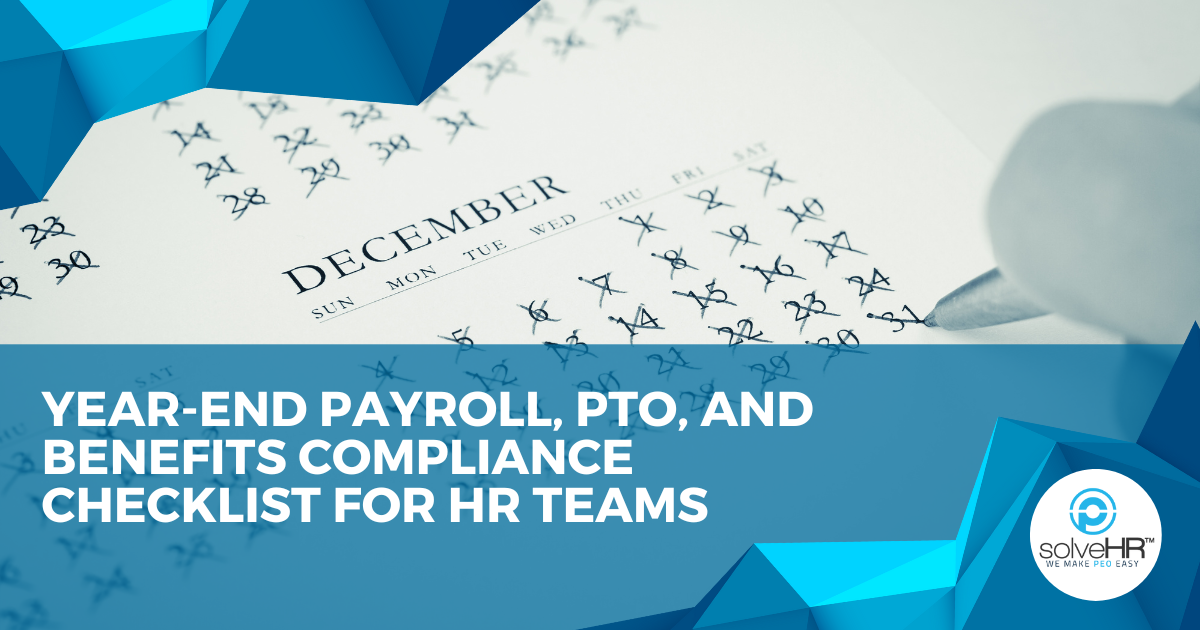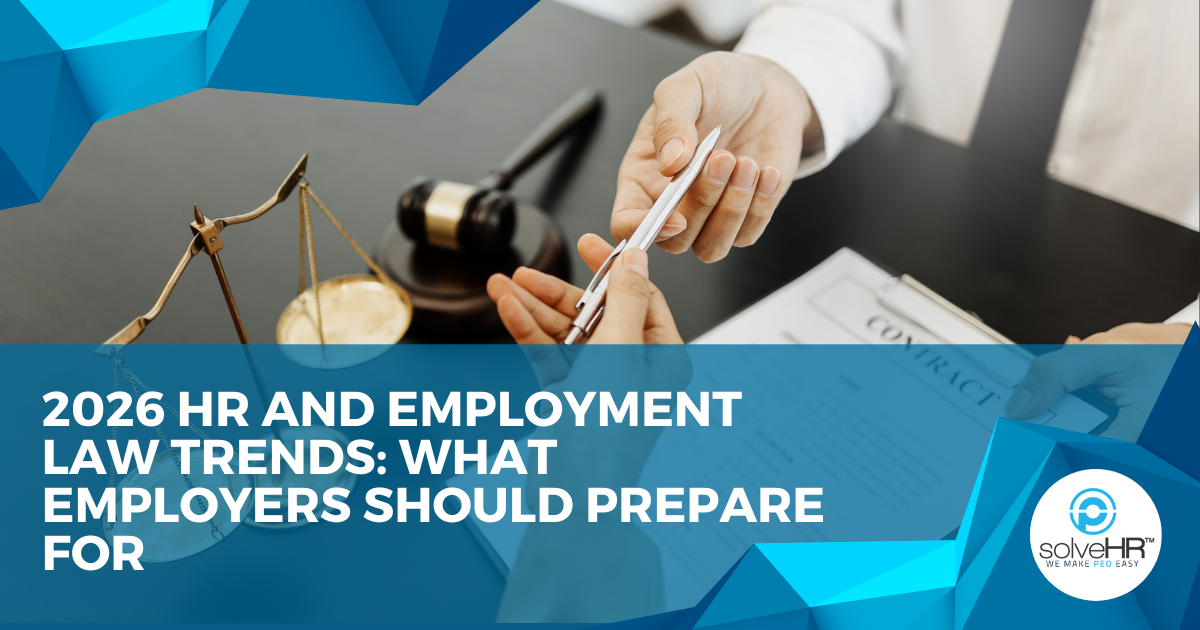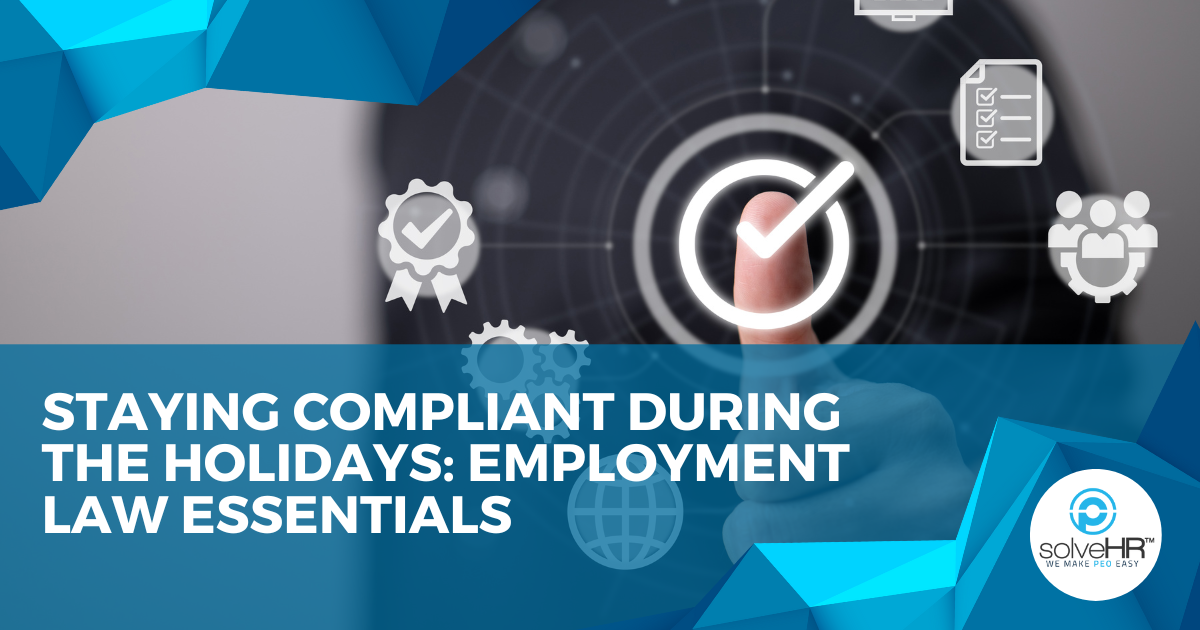Simplifying HR Solutions for Your Business Needs
Experience hassle-free HR support with our innovative and user-friendly solutions tailored for you.

Streamlining your HR processes for better efficiency.
Payroll Management
We manage accurate and timely payroll processing, including direct deposit, wage garnishments, and W-2 preparation.
HR Support
We seamlessly integrates into your team, offering the necessary expertise, services, and tools to manage your employees.
Compliance
We help you stay compliant with clear HR policies, workplace safety programs, and expert incident support to protect your team.
Your HR Made Easy
We understand that the business landscape is constantly evolving, which is why we have made it our mission to support and nurture your people.

Explore Our Latest Insights
Stay updated with the latest HR trends and tips.
Customer testimonials
Our services have helped businesses across industries succeed.
Experience Hassle-Free Payroll Today
Request a demo to see our services in action!



